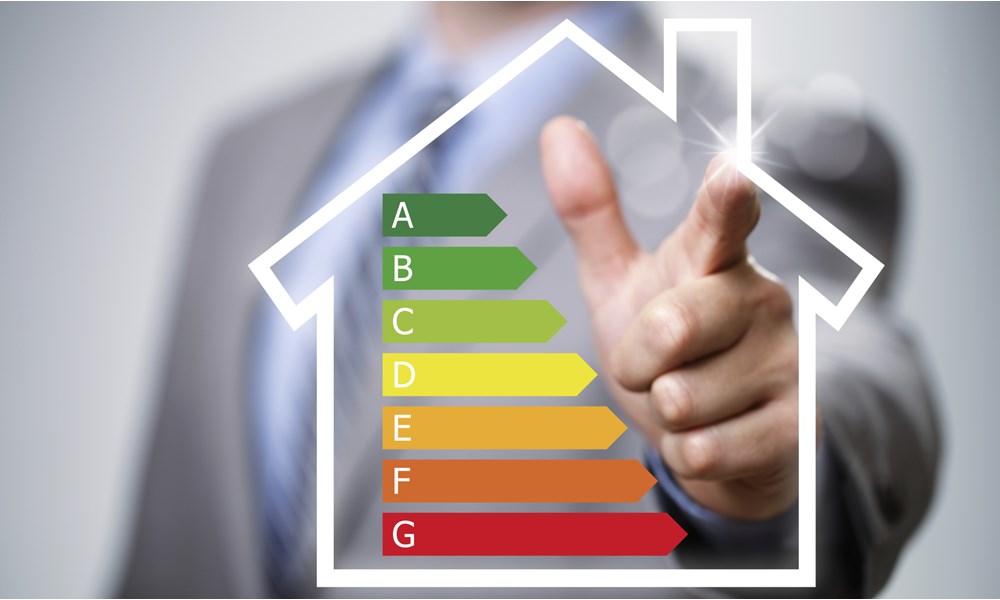10 Energy-saving Kitchen Tips from Herb Gordon Subaru

Using your kitchen requires energy. You need to store food, prepare meals, and clean up afterward, and this energy use costs you money. You can control the cost of running your kitchen with a few basic tips and cooking techniques from Herb Gordon Subaru.
1) Energy-Saving Appliances
Replace non-functioning appliances with energy efficient appliances. Look for those that are ENERGY STAR®-rated by the U.S. Environmental Protection Agency. Such appliances are tested for efficiency in energy usage, and in some cases, the purchase may be tax deductible.
2) Refrigerator Maintenance
Maintaining your refrigerator reduces its energy consumption. Clean the condenser coils twice a year, using a vacuum cleaner to remove dust and debris. Check the door seals to ensure no cold air is escaping and to maintain consistent interior temperatures.
3) Cold Food Storage
Keep your refrigerator well-stocked, but not overstocked. The various foods act as cooling agents within the confines of the fridge, much the same way soda cans cool the air in a Styrofoam cooler. The compressor doesn't have to turn on as often if the contents contribute to the cooling process.
4) Food Prep
Whenever possible, bring foods to room temperature before cooking. The food then requires less cooking time and reduces energy usage.
When you need to boil water, start with cold water and allow it to come to room temperature. You use less energy running cold water than hot and less energy bringing tepid water to a boil than cold water.
5) Stovetop Cooking
Cover pots when bringing liquids to a boil and set the lid askew when simmering foods. You can then use a lower temperature for simmering. Turn off the heat two to three minutes before the food is fully cooked and allow the heat of the pot to finish the job.
6) Microwaves and Slow Cookers
Both of these kitchen devices require less energy than a stovetop or oven. When cooking, make extra portions to reheat in the microwave for subsequent meals. Use the slow cooker for soups and stews and for braising tougher cuts of meat.
7) Non-cook Meals
Reduce energy costs by serving foods that don't require cooking, such as sandwiches with chips, cold soups, and fruit and vegetable platters with dips. Use this energy-saving technique in the summer months to prevent heating up your house and reduce cooling costs.
8) Clean Up
Maintain your dishwasher with the same consistency as your refrigerator to keep this appliance running efficiently. Use an appropriate cleaning agent to rid the interior of mineral build-up. Check the holes in the sprayer arms for clogs and clean as needed.
9) Efficient Lighting
Switch from incandescent bulbs to CFL (compact fluorescent lighting) bulbs. CFL bulbs burn longer and use less electricity.
Separate the lighting in your kitchen and dining area. Switch on the task lighting when you're putting away groceries or preparing meals, and use the dining area lighting only when at the table.
10) Exhaust Fans and Windows
Newer technologies make for quieter exhaust fans over the stove. One way to expend energy needlessly is to forget to turn off the fan. Once the fan has cleared the smoke or cooking odor, turn it off.
You may be tempted to turn the temperature down when your kitchen heats up during the warmer months, making your air conditioner work harder. Instead, open the kitchen window just two or three inches and place a small table fan nearby, facing outward. The fan acts as an exhaust and vents warm air out of the kitchen. Turn off the fan and close the window when you're done cooking.
